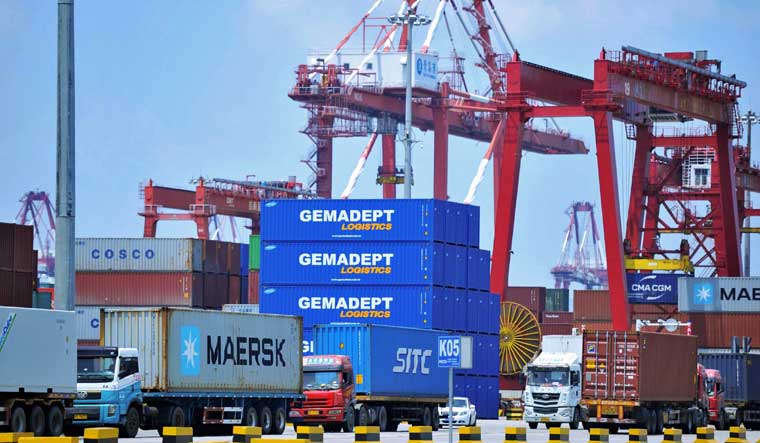In a serious rap to government's trade policies, a parliamentary standing committee on commerce has raised observations on dumping of Chinese goods in the country and its resultant impact on the Indian industry.
"While the United States and European Union have been quite aggressive and agitated over the erosion of their domestic industry and loss of employment, the committee feels that government should be more proactive in taking trade defence measures as provided by WTO, and imposition of trade restrictions on import of such Chinese goods which have caused erosion of our manufacturing capacity,” says the report.
Talking about the impact on solar sector, it says that India has been one of the major exporters of solar products to countries like Germany, France and Italy between 2006-07 to 2011, before China started dumping their products at the cost of Indian manufacturers.
"Further, their dumping prices in India are lower than that of the price at which they sell in Japan, Europe or the US. The Committee finds this worrisome," the report says.
The report further points fingers at China centricity of the Indian Solar Mission which has seen an outflow of forex, widening the trade deficit with China. The committee is of the view that over-dependence on solar imports from China will lead the country to a precarious situation.
"The committee finds it unfortunate that in the name of Ease of Doing Business, we are more than willing to give market access to Chinese goods which is destroying our manufacturing while China is smartly protecting its industry from Indian competition," says the committee in its report.
The unscrupulous imports from China is also on account of influx of under-invoiced Chinese goods, goods brought in through misdeclaration and outright smuggling.
In 2016-17, there were 1300 cases of smuggling of Chinese goods valued at Rs 1024.39 crore.
The committee found that while anti-dumping measures are being evaded on the one hand proving it to be ineffective; on the other hand there is a general reluctance on the part of the government to measure effectiveness of anti-dumping measures undertaken by it. Rather there is no provision to carry out any impact assessment of anti-dumping duty or countervailing duty imposed by DGAD.
"It has been brought to the notice of the committee that though nearly 75-80 per cent of Chinese steel products are covered under anti-dumping duty, yet despite it, import of such steel products have increased by 8 per cent. This shows that anti-dumping measures have become completely ineffective,” says the committee.


